One protester killed, at least 125 others injured in anti-coup protests in Sudan
Sudanese security forces have shot dead a protester and injured scores of others during a brutal crackdown on anti-coup demonstrators in the capital, Khartoum and other cities across the African country.
In a statement on Monday, the Central Committee of Sudanese Doctors said that a 28-year-old man -- identified as Majzoub Mohammad Ahmad -- was shot and killed with "a bullet in the chest" in the Sharg al-Nile area across the river from Khartoum on Sunday.
In a separate statement, the committee said that some 331 people have been injured in Sunday's protests, including two who had been shot in the head and dozens of others who had been wounded by teargas canisters.
Sudan's health ministry also said late Sunday that at least 123 people were wounded in the capital during fierce clashes with the country's military forces, adding that two others were injured in the eastern city of Kassala, which has been the scene of the public display of anger during the past few days.
On Sunday, tens of thousands of people filled the streets of Khartoum to express their strong dissent against the October military coup and also mark the third anniversary of the nation’s revolt against strongman Omar al-Bashir.
Security forces fired teargas canisters and stun grenades to disperse the large crowds of angry protesters who were chanting slogans against the junta chief Abdel Fattah al-Burhan and military-dominated administration.
Many of the protesters suffered from suffocation after inhaling tear gas during clashes with security forces, as they attempted to hold a sit-in outside the presidential palace.
Security forces also blocked major roads leading to the airport and army headquarters.
Protest rallies were also planned in other cities across the country, including Port Sudan on the Red Sea coast and El-Deain in the western region of Darfur.
In a statement on Monday, Sudan's army said that it backs "the democratic choice for the people" and supports "free and fair elections.
Burhan's media adviser also said, "The blatantly contentious and hostile tone (of protests) could impede a smooth democratic transition," adding that the military and security forces support the people's ambitions for democracy and would maintain the country's security.
More than two years ago, massive anti-government demonstrations hit Sudan, mostly over economy. The protesters, youths for a large part, demanded the resignation of then president Omar al-Bashir.
Bashir was ultimately deposed through a military coup in April 2019, after ruling over the country for three decades. In August the same year, a transitional civilian-military administration was founded to run the country.
However, a military coup, led by Sudan's military chief and de facto leader, Burhan, was staged on October 25 that dissolved the fragile government. Prime Minister Abdalla Hamdok was detained and put under house arrest in a move that infuriated the Sudanese and sparked international outcry, including from the UN Security Council. Other civilian leaders were also held in military detention.
The ensuing crackdown against anti-coup protesters has left at least 45 people dead since October 25.
Hamdok was later released and in November 21 signed a power-sharing deal with the Burhan-led junta, according to which Hamdok would continue his career as Sudan’s prime minister, all political prisoners detained during the coup will be released, and a 2019 constitutional declaration would be the basis for a political transition.
According to the deal, July 2023 has been set as the date for Sudan's first free elections since 1986.
The Sudanese Professionals Association (SPA), however, has completely rejected the deal, lambasting it as being “treacherous”. Pro-democracy SPA is an umbrella of 17 different unions that were instrumental in the months-long demonstrations that led to the ousting of Bashir.
Protest rallies against the coup have continued even after the reinstatement of Hamdok, with demonstrators demanding no military involvement at all in government.
Hamdok has so far defended the deal, saying he partnered with the military in an attempt to “stop the bloodshed” that resulted from crackdown on anti-coup street protests.
VIDEO | Third round of Iran-US nuclear talks concludes in Geneva
Geneva talks: Iran signals firm resolve, rejects US pressure, proceeds with cautious optimism
Iran urges Afghanistan, Pakistan to hold dialogue amid new escalation
US will suffer ‘massive losses’ in case of new war: Iraq's Kata’ib Hezbollah
Normalization increases cost of defeating Israel, Yemeni leader warns
Activists announce 'Freedom and Sumud Flotilla' to challenge Gaza blockade
VIDEO | Rome residents demand end to ties with Israeli firms
VIDEO | Pakistan Senate condemns ‘hexagon of alliances’ as Indian PM visits Israel


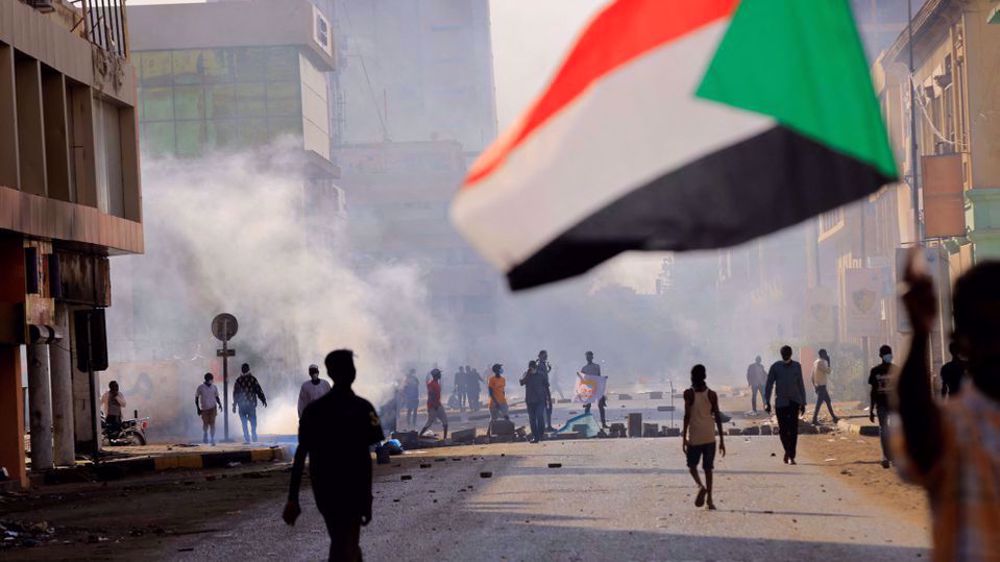
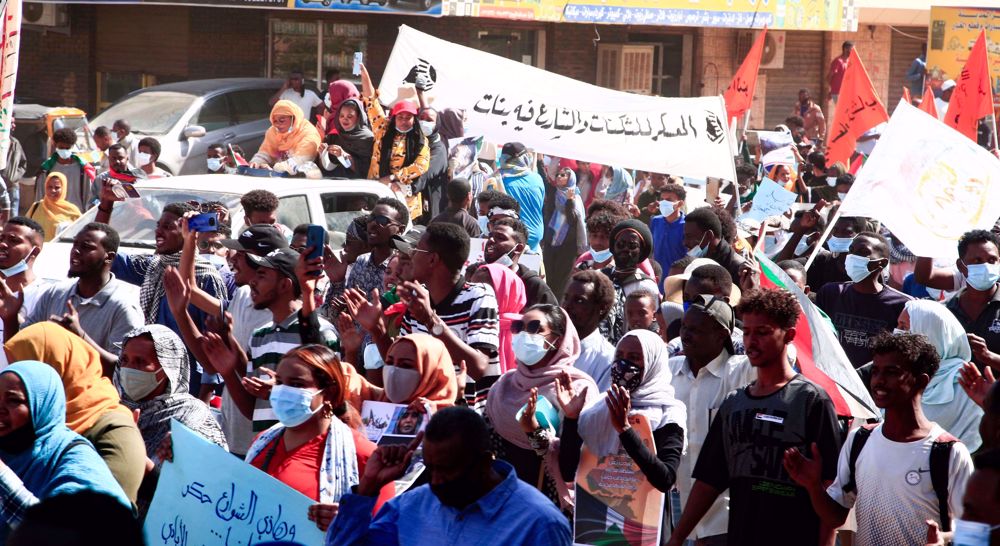
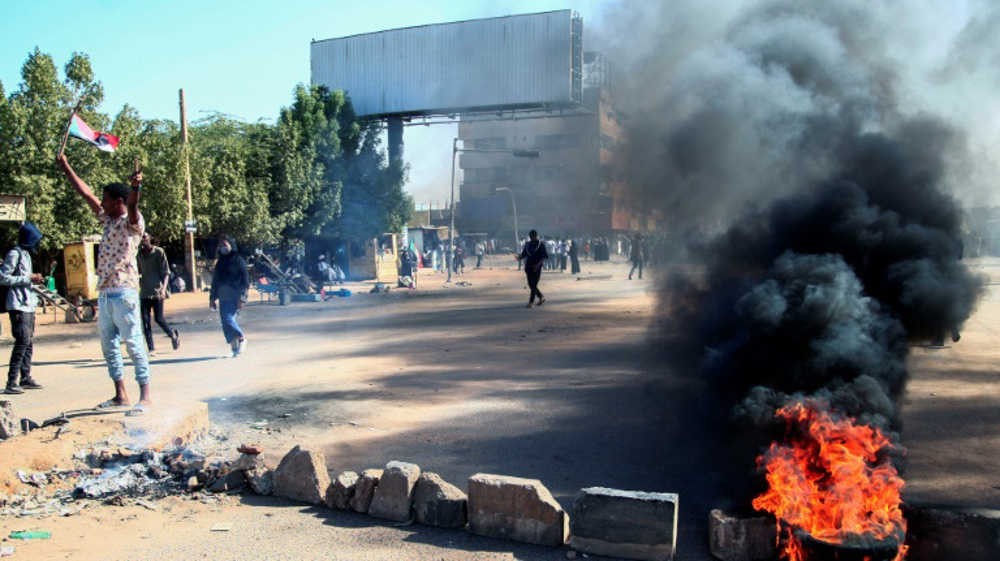
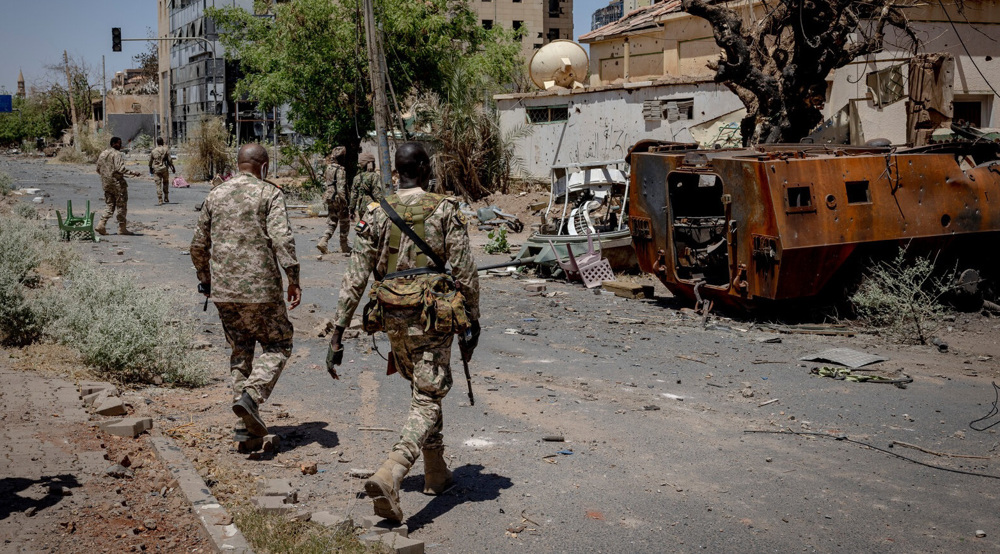
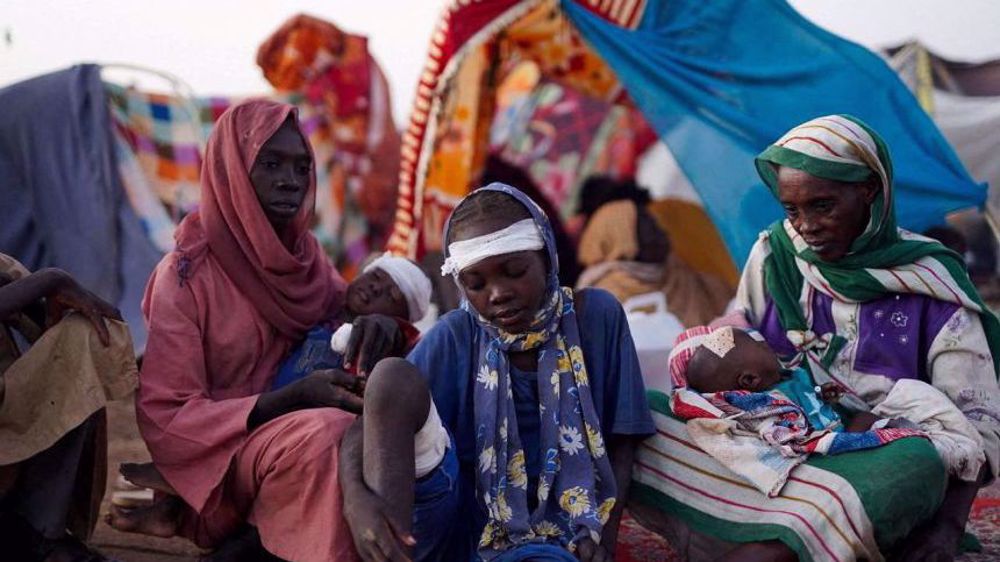
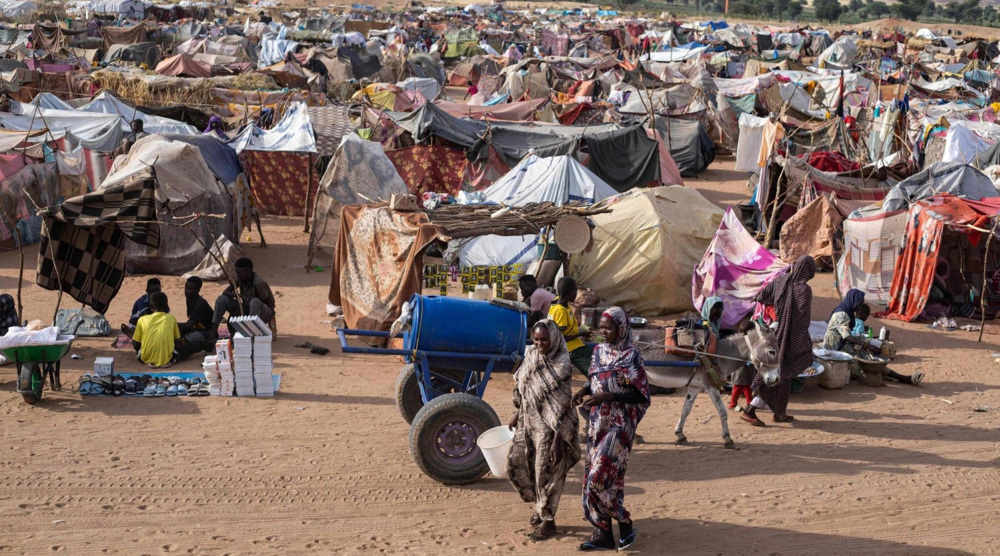



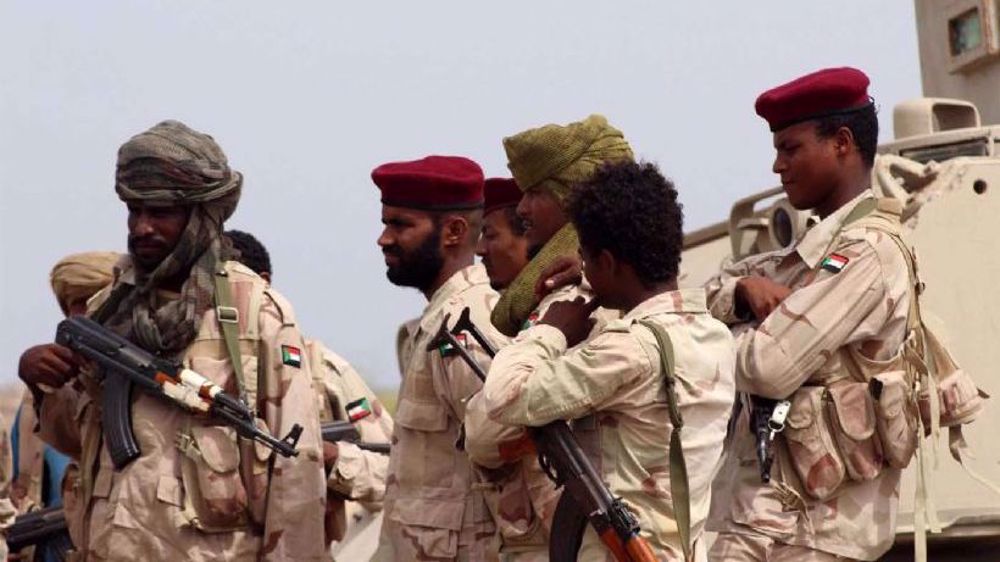

 This makes it easy to access the Press TV website
This makes it easy to access the Press TV website